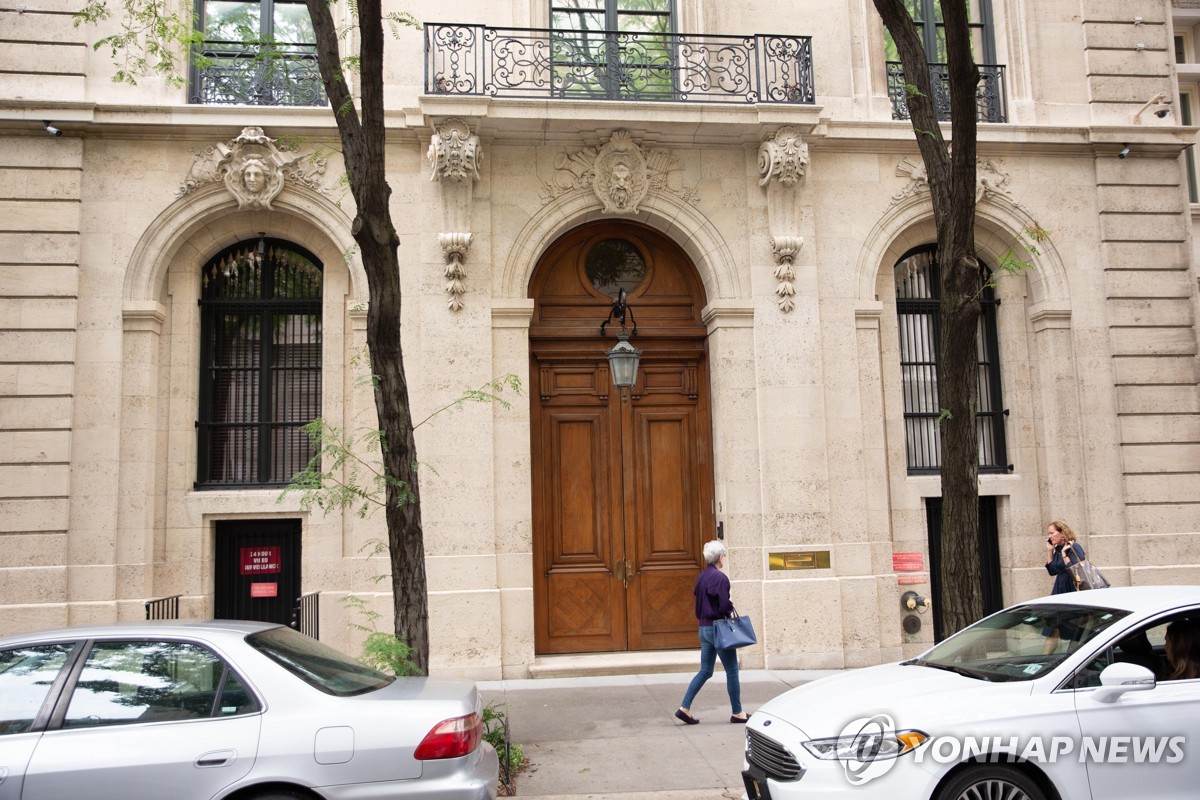Issued on Monday 28 August 2023
Innsbruck (OTS) – Wage round, wave of inflation, prosperity, labor shortage, future prospects: Without a national show of strength and solidarity on the part of politicians and social partners, Austria, a model that has been a success for many years, is threatened with decline.
After the Second World War, little Austria, which has hardly any mineral and other resources, created a real economic miracle. Through an industrious population that worked hard to advance after the devastation of the war, and also through many good, jointly supported decisions by the political forces and the social partners. In recent decades, the rise to become one of the most prosperous, liveable and secure countries in the world has rightly been emphasized again and again.
All of this still applies in Austria today. It’s a good basis, but nothing is certain for the future, especially in such turbulent times. Not prosperity, and also not peace, freedom and democracy, as a glance at many global trouble spots, but also in Ukraine, only a few hundred kilometers away, shows.
Austria is doing well, but it is certainly not an island of the blessed, like Pope Paul VI. once meant. The challenges today are often different than during reconstruction. At the time, most had legitimate hopes that the next generation would be better off. Today many are plagued by fears of social decline. Global competition, digital revolution and aging society are enormous challenges. In order to keep Austria on the road to success, it will again need a national effort instead of arguments and populism. Prosperity does not grow on trees and money from the state is not infinite, even if this belief seems to be there for many due to the huge billions in Corona packages and inflation – and that is still fueled by parts of politics.
Even if, according to the former mayor of Vienna, Michael Häupl, before elections is often the “time of focused unintelligence”, the opposite is needed right now. A coalition that, instead of arguing and blocking each other, is finally working or, better yet, resigning. Instead of dispensable debates about “normality”, we need more common sense, a sense of proportion and courage on the part of politicians and social partners. Now that there is already a massive and soon to increase labor shortage, calling for the 32-hour week with full wage compensation would be more economical and (e.g. in the case of care, health and public transport) also more social hara-kiri. On the contrary, in order to save Austria’s prosperity and social system, even more forces must be mobilized.
Years ago, the Swiss even rejected longer vacations in a referendum with a two-thirds majority. In Austria, too, the majority of the population knows very well what is feasible. Even if politicians don’t always seem to trust her.
Questions & contact:
Tiroler Tageszeitung
0512 5354 5101
editor-in-chief@tt.com


